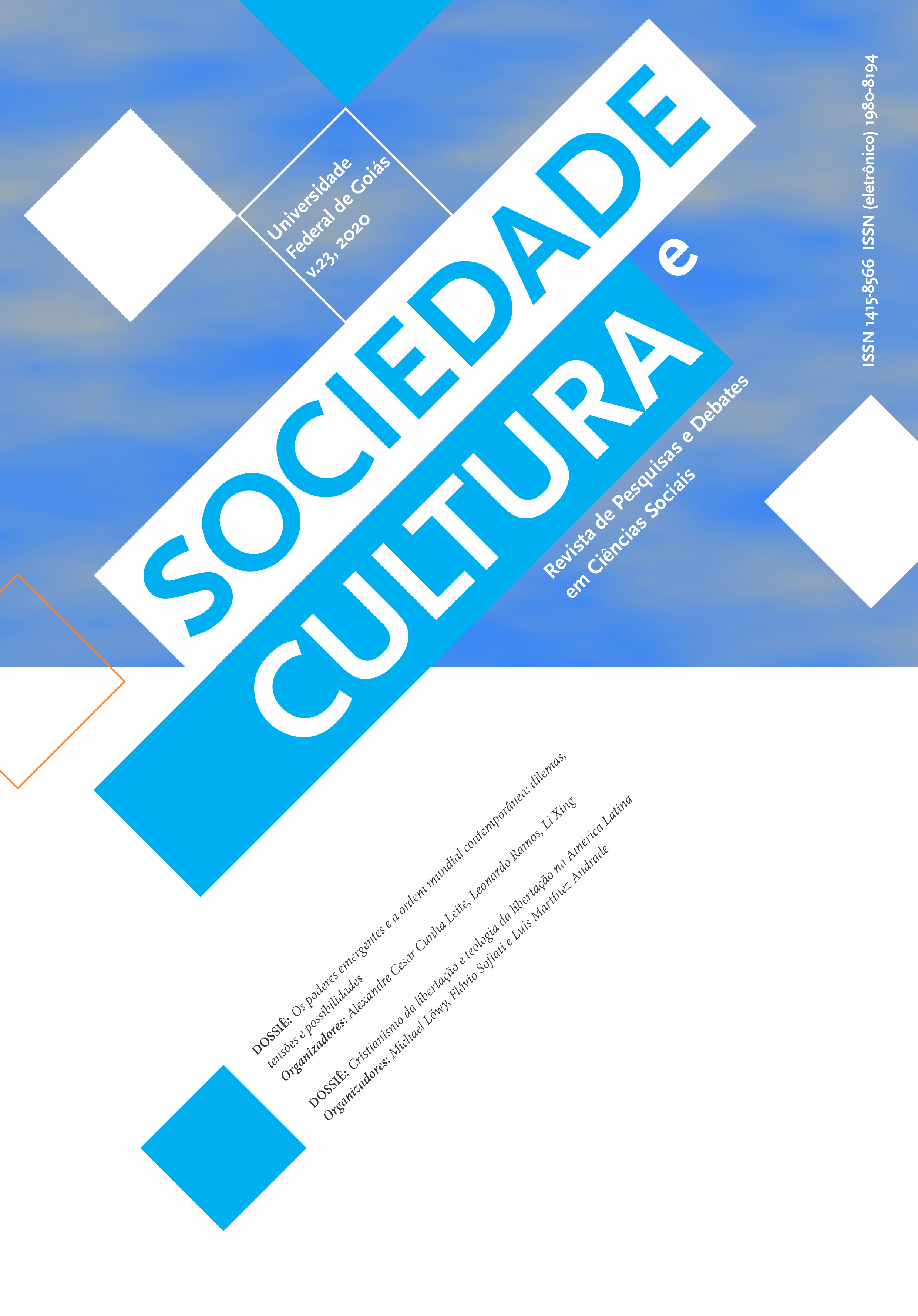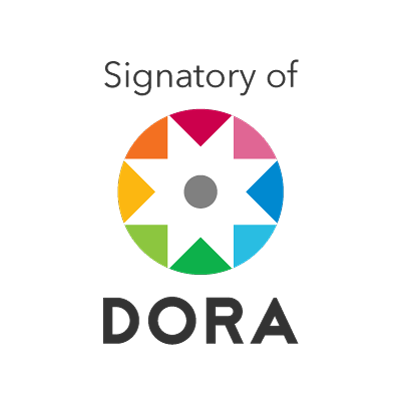A Teologia da Libertação e as mulheres
DOI:
https://doi.org/10.5216/sec.v23i.61023Resumen
Este texto recupera aspectos de la historia y conceptos de la Teología de la Liberación en relación con las mujeres. Muestra que, a pesar de los avances significativos de esa teología para reflexionar a partir de los pobres de Latinoamérica, como teología sigo encarcelada en la institución católica repitiendo a su manera la misma tradición occidental formulada en Nicea. Las teólogas abordando la problemática específica de las mujeres y cuestionando el entrelazamiento de la dogmática con lo conceptos patriarcales excluyentes no encuentran buena acogida en el libertario mundo masculino. Grandes esfuerzos son reconocidos, pero son insuficientes para trasformar viejos contenidos y viejos poderes. El texto refiere algunos desafíos hechos a la Teología de la Liberación a partir de la introducción de la sexualidad como mediación antropológica fundamental y muestra los limites de las mediaciones económicas y sociales que la Teología de la Liberación priorizó. En medio al desarrollo de esas cuestiones, delinea algunos caminos propuestos por las teologías feministas que se desarrollaron fuera de las instituciones clericales y que siguen su camino actual con inevitables dificultades.
Descargas
Descargas
Publicado
Cómo citar
Número
Sección
Licencia
Autores/as que publican en esta revista están de acuerdo con los siguientes términos:
- Autores/as mantienen los derechos autorales y ceden a la revista el derecho de primera publicación, siendo el trabajo simultáneamente licenciado por la Creative Commons Attribution License, lo que permite el compartir del trabajo con reconocimiento de autoría y de la publicación inicial en esta revista;
- Autores/as tienen autorización para asumir contratos adicionales separadamente, para distribución no exclusiva de la versión del trabajo publicada en esta revista (ejemplo: publicar en repositorio institucional o como capítulo de libro), con reconocimiento de autoría y de la publicación inicial en esta revista;
- Autores/as tienen permiso y son estimulados/as a publicar y a distribuir su trabajo en la web (ejemplo: en repositorios institucionales o en su página personal) a cualquier punto antes o durante el proceso editorial, ya que eso puede tener alteraciones productivas, así como aumentar el impacto y la cita del trabajo publicado (véase O Efeito do Acesso Livre).



